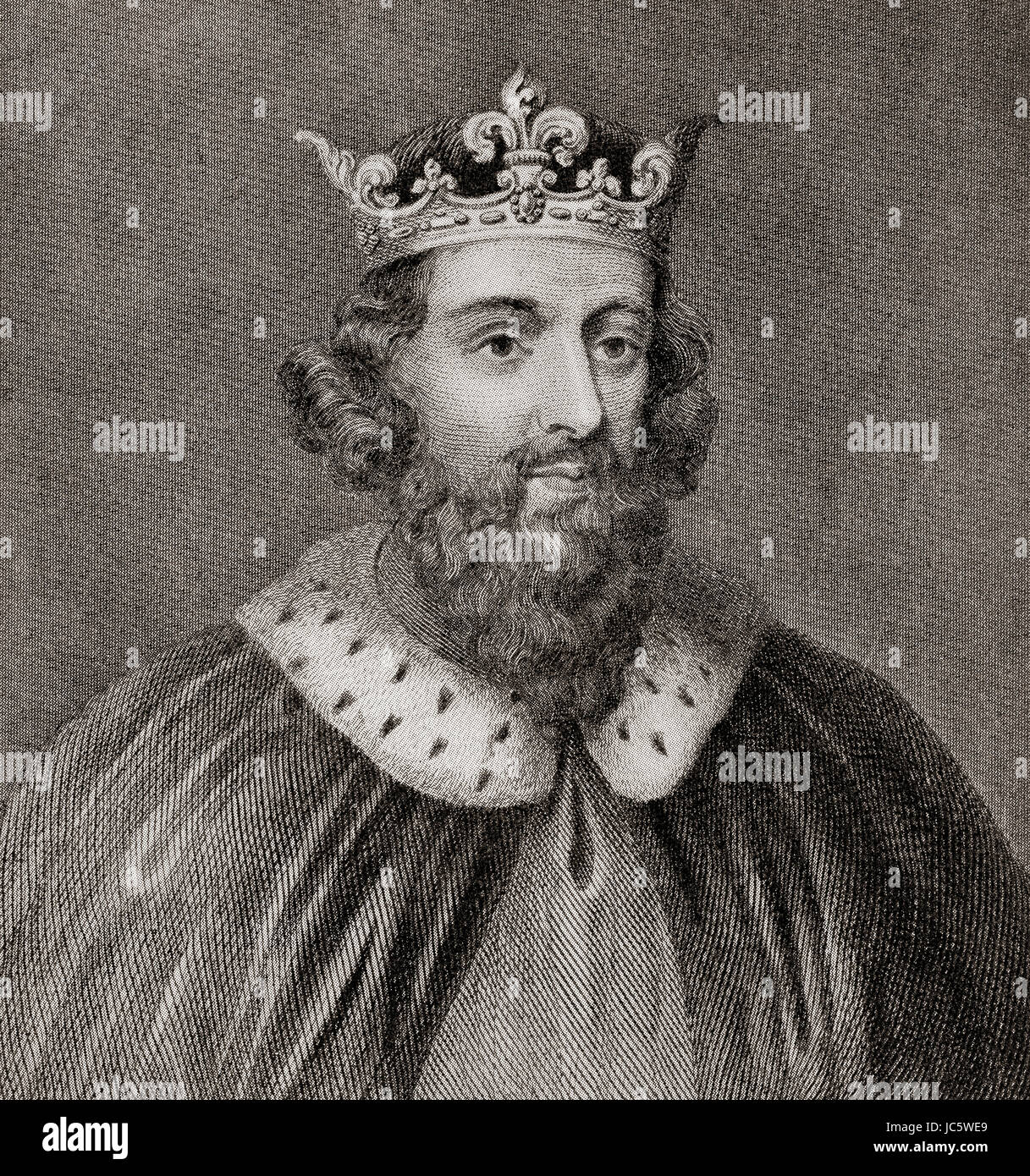

From his hidden position in the Somerset marshland, the king and his men tackled the Danes for seven weeks. These tactics ultimately proved to be successful. Men came from nearby towns and villages to form a tight resistance movement: the conflict had begun to take on a guerrilla style of combat. Athelney was essentially an island in the marshes, an advantageous position away from the Danes which bought Alfred enough time to rally together the local militia. In the spring of the same year, Alfred and his remaining men managed to build a fort in the Somerset marshland at Athelney. The element of surprise meant that Alfred and his people were completely taken off guard, resulting in a high death toll and forcing the king and a small band of men into the nearby woods. In January the following year, the Danes pushed ahead once more, attacking Chippenham which – at the time – served as the royal household of Alfred the Great. The conflict raged on with Alfred making a strategic calculation to blockade Danish ships, forcing the Vikings to withdraw to Mercia. The occupation of Wareham forced Alfred to negotiate a more permanent peace deal… a deal that disintegrated almost as soon as it was sealed. This decision resulted in the Vikings temporarily withdrawing to London and subsequently occupying the majority of England for the next five years.īy the year 876, the Danes had regrouped and made their assault on Wessex. Sensing that they could not drive out the Danish invaders from their land, he was forced to make peace with them instead.

In May at Wilton, Alfred and his Saxon army suffered another defeat. His brother, the king, died a month later and Alfred was left to rule as leader of the Saxon kingdom.

Two years later, at the Battle of Merton in March 871, Alfred and his brother suffered a serious defeat by the Danes. Alfred was still only a young boy when on 13th January 858 his father died, leaving Alfred’s older brothers to take control.īy 868 Alfred was recorded as having fought alongside his brother Aethelred, fighting what was proving to be a constant threat of attack from the Danes. Each of the sons succeeded to the role of king in turn. Being the fourth or fifth child in line to the throne, it had seemed unlikely that Alfred would ever reign over his kingdom. He is said to have had six children, one of whom was Alfred, born at Wantage, Oxfordshire. His most important achievement was to prevent an island-wide invasion from the Danes and establish a united Anglo-Saxon culture.Īlfred’s father was King Aethelwulf, which translates from Old English as “Noble Wolf”, King of the West Saxons. In this time he ruled successfully over his Anglo-Saxon kingdom and emerged as a military force, a strong leader and a promoter of reforms. Alfred the Great, King of Wessex, a defender against Viking invasion and a social reformer just few of the reasons why he is the only English monarch to be known as “the Great”.Īlfred was born in 849 and served as King of Wessex, a Saxon kingdom based in the southwest of modern day England, from 871 to his death on 26th October 899 AD.


 0 kommentar(er)
0 kommentar(er)
